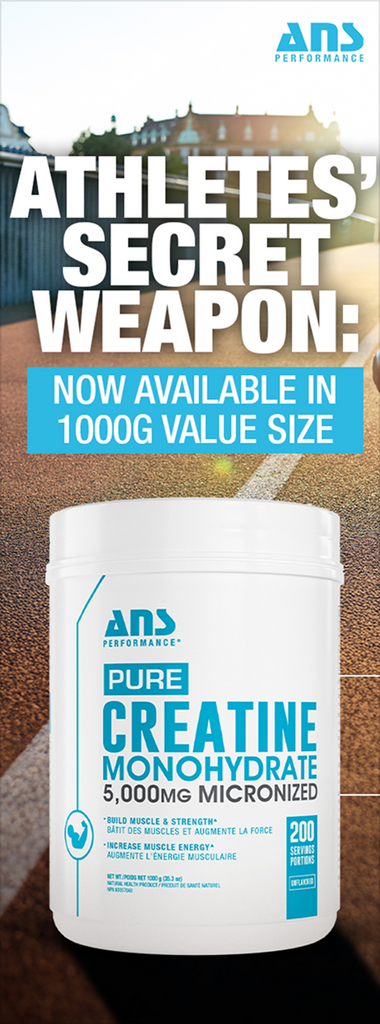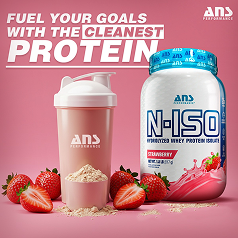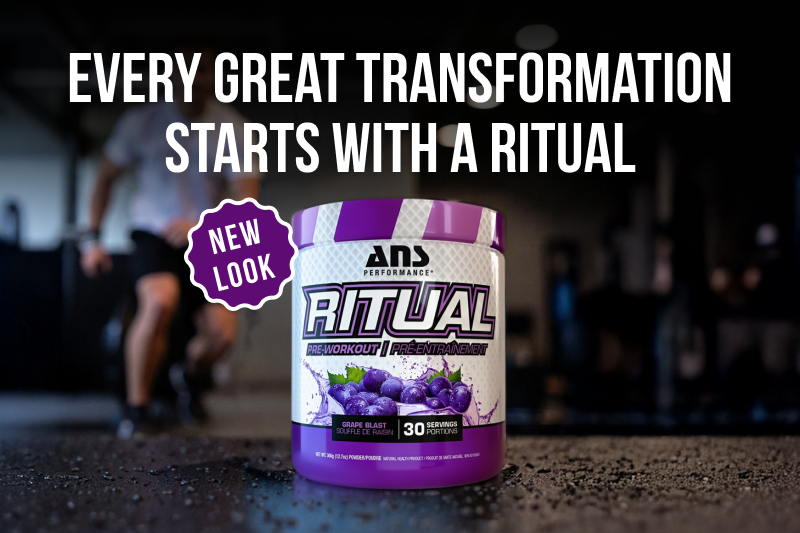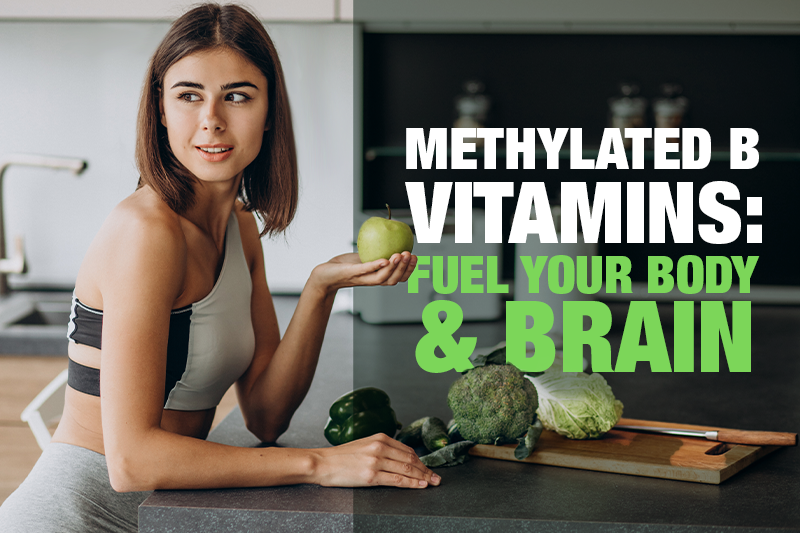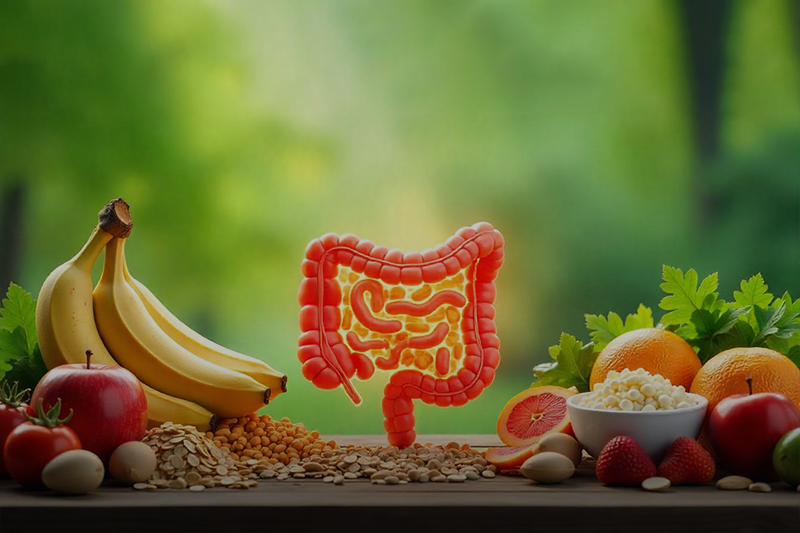
When it comes to achieving optimal muscle growth and recovery, maintaining a positive nitrogen balance is a crucial factor. Nitrogen balance refers to the balance between nitrogen intake and nitrogen excretion in the body. In simple terms, it is a measure of the amount of protein consumed versus the amount of protein lost. In this blog, we will explore the significance of positive nitrogen balance and how nutrients like protein, creatine, and essential amino acids play a vital role in promoting muscle growth and recovery.
Muscle Growth and Positive Nitrogen Balance
Nitrogen is an essential component of amino acids, the building blocks of proteins. When our body is in a state of positive nitrogen balance, it means we are consuming more nitrogen than we are excreting. This surplus of nitrogen allows the body to retain and utilize more protein for various processes, including muscle repair and growth.
Muscle growth occurs when the rate of protein synthesis exceeds the rate of protein breakdown in the body. A positive nitrogen balance provides the necessary foundation for this process by ensuring an abundant supply of amino acids for protein synthesis. When our body has a positive nitrogen balance, it signifies that we have enough dietary protein to support muscle repair and growth.

Role of Protein in Positive Nitrogen Balance
Protein is the primary source of dietary nitrogen and plays a central role in achieving a positive nitrogen balance. Consuming high-quality protein sources, such as lean meats, poultry, fish, eggs, dairy products, and plant-based proteins, provides the essential amino acids needed for protein synthesis. By meeting our daily protein requirements, we can support muscle growth and recovery while maintaining a positive nitrogen balance. Taking a protein supplement like N-ISO or N-WHEY daily is another way to ensure you're keeping your body in an anabolic state and able to recover from training and grow more muscle.
Essential Amino Acids: The Building Blocks of Muscle
Essential amino acids (EAAs) are a specific group of amino acids that our body cannot produce and must be obtained through diet. These EAAs play a crucial role in muscle protein synthesis and promoting a positive nitrogen balance. Consuming foods rich in EAAs, such as whey protein or supplementing with a complete EAA product like Quench EAA can provide the necessary amino acids to support muscle growth and recovery.
The Impact of Creatine
Creatine is a naturally occurring compound found in small amounts in foods like meat and fish or can be supplemented. It is renowned for its ability to enhance athletic performance, including muscle strength and power. Creatine also promotes a positive nitrogen balance by increasing the muscles' ability to retain water and increasing the rate of protein synthesis, ultimately contributing to muscle growth and recovery.
Supplements: Enhancing Nitrogen Balance
In addition to dietary protein, certain supplements can further support a positive nitrogen balance and muscle growth. Branched-chain amino acids (BCAAs), which include leucine, isoleucine, and valine, have been shown to stimulate protein synthesis and reduce muscle protein breakdown. Including BCAA supplements in your regimen can help maintain a positive nitrogen balance during intense training or when dietary protein intake may be limited.
Achieving and maintaining a positive nitrogen balance is of paramount importance for individuals seeking muscle growth and enhanced recovery. A diet rich in high-quality protein, coupled with appropriate supplementation such as creatine and essential amino acids, can promote a positive nitrogen balance. By prioritizing these nutrients, individuals can optimize their muscle-building potential and improve their overall athletic performance.
References:
Phillips, S. M. (2017). Current concepts and unresolved questions in dietary protein requirements and supplements in adults. Frontiers in Nutrition, 4, 13.
Kerksick, C. M., & Roberts, M. D. (2018). Effects of creatine monohydrate supplementation on exercise performance and muscular strength in adults and aging adults. In Essentials of Creatine in Sports and Health (pp. 215-238). Routledge.
Rasmussen, B. B., & Phillips, S. M. (2003). Contractile and nutritional regulation of human muscle growth. Exercise and Sport Sciences Reviews, 31(3), 127-131.
Deutz, N. E., Pereira, S. L., Hays, N. P., & Oliver, J. S. (2013). The anabolic role of amino acids and protein in wound healing. The Journal of Parenteral and Enteral Nutrition, 37(2), 81S-89S.


